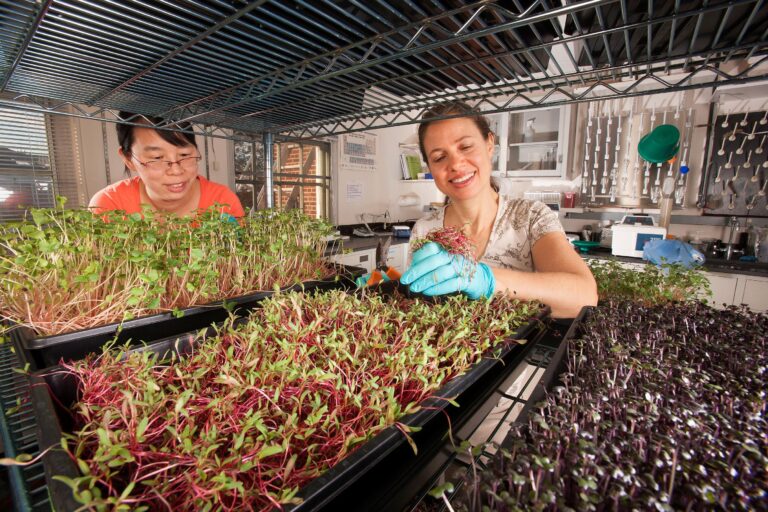Introduction
Malnutrition is a critical issue faced by many populations living in refugee camps. Emphasizing the urgent need for sustainable solutions, it is essential to explore innovative methods for addressing these challenges. One such promising approach is the cultivation of microgreens, which can provide vital nutrients to malnourished individuals.
The Scope of Malnutrition in Refugee Camps
According to the World Food Programme, millions of refugees experience various forms of malnutrition. This malnutrition results from inadequate food supply, lack of access to nutritious meals, and underlying health conditions. To understand the severity of this situation, the article on malnutrition in refugee camps outlines the widespread impact of food scarcity and the necessity for urgent intervention.
Why Microgreens?
Microgreens are young, edible plants harvested just after the first true leaves develop. These nutrient-dense greens are easy to grow and offer numerous health benefits. They are packed with vitamins, minerals, and antioxidants, making them an excellent addition to the diets of those suffering from malnutrition.
Sustainable Farming Practices
Growing microgreens requires minimal resources and can be adapted to various environmental conditions. This adaptability makes them an ideal choice for cultivation in refugee camps, where space and resources are often limited. By implementing small-scale farming initiatives, refugees can produce fresh, nutritious food that contributes to their dietary needs and overall well-being.
Implementing Microgreen Initiatives in Camps
Developing programs for cultivating microgreens in refugee camps can empower individuals and communities. Training workshops can teach refugees about agricultural techniques suited for their environment, fostering both food security and self-sufficiency. This approach helps to mitigate dependence on external food sources while improving nutritional intake.
Conclusion
The introduction of microgreens in refugee camps represents a holistic approach to combating malnutrition. By promoting sustainability, self-reliance, and health, we can work towards a future where refugees have better access to the nutrients they need. As we continue to advocate for those in need, implementing innovative solutions like microgreen cultivation is essential for creating lasting change.

